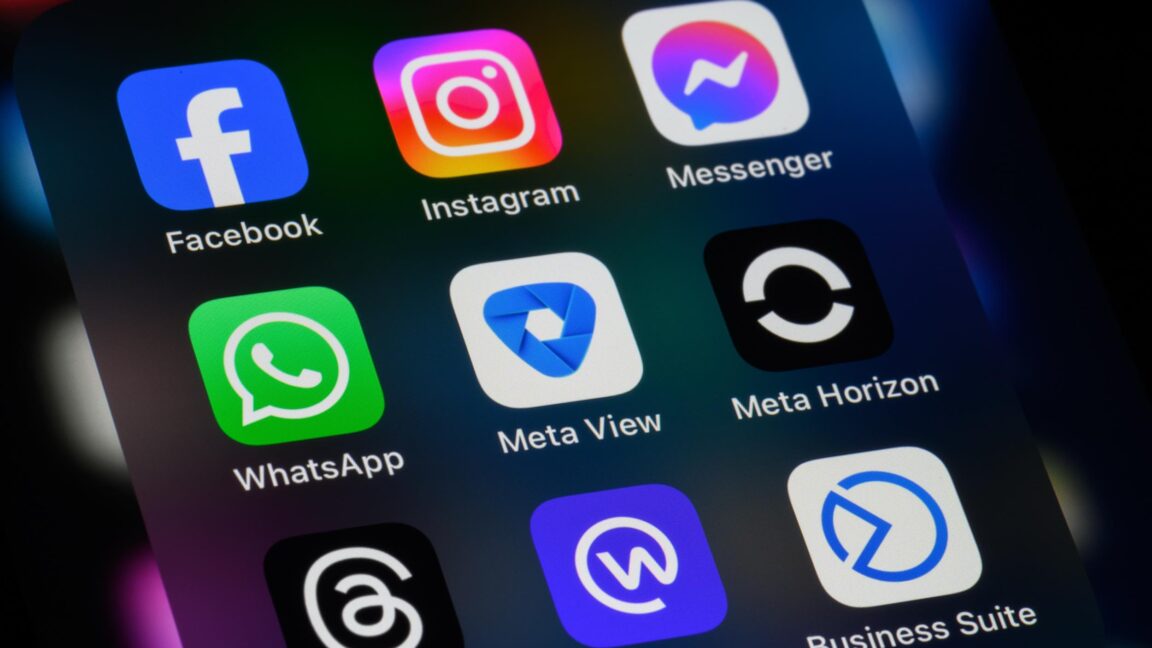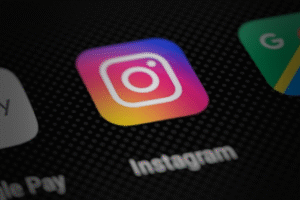
Meta Flo Health Data Privacy Verdict: Jury Finds Meta Guilty
Jury Says Meta Illegally Took Sensitive Data from Flo App
In the Meta Flo Health verdict, a federal jury ruled that Meta violated California’s privacy law. The jury found that Meta took sensitive reproductive data from Flo app users without consent.
The class-action lawsuit claimed Meta eavesdropped on private in-app conversations using an electronic device. The court agreed, stating that Meta failed to get consent and violated the California Invasion of Privacy Act.
This case adds to ongoing scrutiny of Big Tech’s data practices. Similar cases have focused on privacy in digital health and advertising.
Learn how Uttkrist supports responsible tech and data practices →
Flo, Google, and Flurry Settled — Meta Did Not
Initially, the lawsuit named Flo Health, Google, and Flurry. Flo, the app developer, had promised to keep users’ health data confidential. But court records showed that Flo shared this data through Custom App Events (CAEs). These were enabled via SDKs from Meta and Google.
Between 2016 and 2019, the app asked users about their pregnancy status or cycle tracking goals. This private data was sent to Meta through code strings. Meta then used this data in its advertising system.
While the others settled, Meta was the only company to go to trial—and lost.
Meta Flo Health Verdict Shows Use of Health Data for Ads
During the trial, plaintiffs showed internal Meta messages and documents. These suggested that Meta knew it was receiving reproductive health data. The company allegedly used it to train ad algorithms.
Testimony revealed that five women shared personal health histories during the trial. Their data included menstrual cycles, pregnancies, and sexual activity—all entered into the Flo app.
The jury found that Meta’s actions broke privacy laws. Lawyers said the verdict sends a strong message about protecting health data in the digital age.
Want to explore ethical CRM data practices?
Try Pipedrive CRM (2X the usual trial with no CC and no commitments)
Meta Responds: Denial and Plans to Appeal
Meta denied the claims and said it would appeal. It stated that it only received coded strings and had no way to understand their content. Meta argued that Flo was responsible for informing users and getting permissions.
Still, the jury held Meta accountable. The verdict could shape how platforms manage third-party data integrations going forward.
For related issues, see our recent coverage on AI data transparency.
What This Means for the Tech Industry
The Meta Flo Health verdict could affect how digital health apps and platforms share data. Legal experts say it may lead to stricter enforcement of privacy laws.
Although financial penalties have not been announced, the case emphasizes one thing: users expect privacy, especially for health-related information.
Your Take?
Should platforms be liable when third-party apps leak user data? Or should app developers carry the full responsibility?
Explore Business Solutions from Uttkrist and our Partners’, Pipedrive CRM (2X the usual trial with no CC and no commitments) and more uttkrist.com/explore


